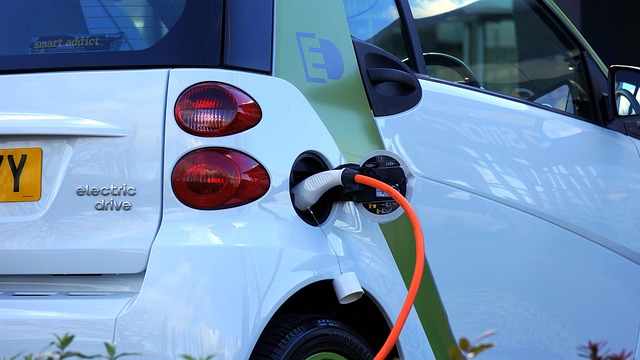If your car struggles to start or displays dim lighting, a weak battery could be the culprit. Select Car Batteries offer tailored options based on vehicle needs, including deep cycle and starting batteries. Age and climate impact battery performance; regular inspection and replacement are crucial for avoiding starting issues. Corrosion on terminals indicates a need for replacement, with advanced corrosion protection enhancing battery life in diverse conditions. Choosing Select Car Batteries from reputable brands ensures optimal vehicle reliability and performance.
Is your car’s performance leaving you struggling to start or feeling worried? It might be time to check your car battery. A weak or aging battery can cause a range of issues, from dim headlights and slow engine cranks to more serious problems. This article guides you through the signs that indicate your car battery needs replacing, emphasizing the importance of understanding battery age, corrosion, frequent jump-starts, and key specifications like volts and amp hours. By knowing these indicators, you’ll be equipped to select the right car batteries for optimal performance and peace of mind on the road.
- Symptoms of a Weak Car Battery
- – Signs like dim headlights, slow engine cranking, and dashboard warning lights can indicate a battery's decline.
- Battery Age and Performance
- – Explain how older batteries lose capacity over time and may not hold a charge as effectively as new ones.
- Corrosion and Terminal Problems
Symptoms of a Weak Car Battery
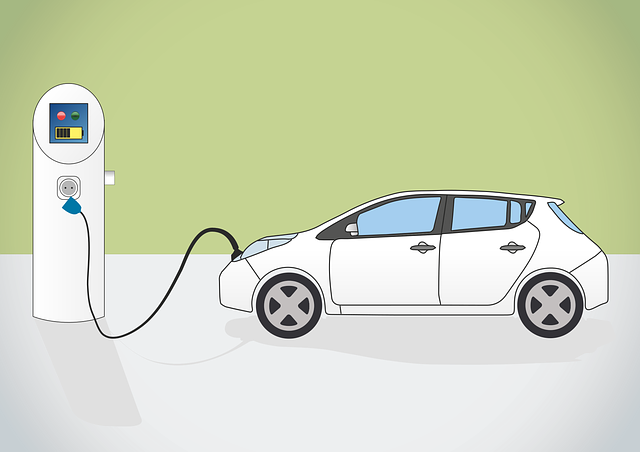
If your car is struggling to start or takes an unusually long time to turn over, it could be a sign that your battery is weak. Other symptoms include dim lighting when turning on accessories like headlights or radio, and a clicking sound when attempting to start the engine. These indicators suggest that the battery’s charge has diminished, making it less effective at delivering the required power.
It’s also important to pay attention to any signs of corrosion or leaks from your auto battery. Over time, batteries can build up corrosion on their terminals, which impedes electrical flow. Moreover, understanding the difference between deep cycle and starting batteries is key when considering a replacement. Deep cycle batteries are designed for frequent discharge and recharge cycles, ideal for marine or recreational vehicles, while starting batteries are optimized for occasional bursts of power to start engines. With various car batteries for sale in the market, selecting the right one depends on your vehicle’s requirements and usage patterns.
– Signs like dim headlights, slow engine cranking, and dashboard warning lights can indicate a battery's decline.
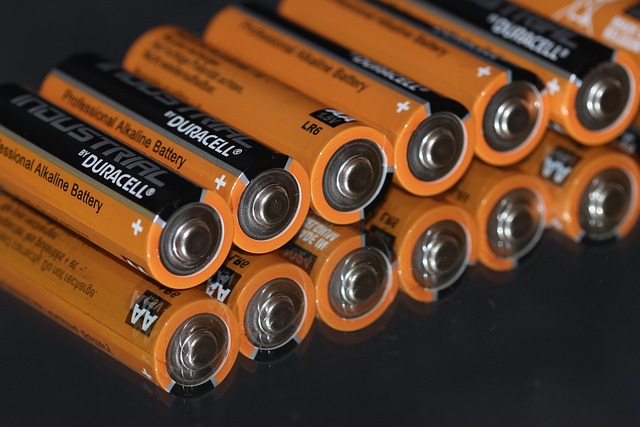
If you’ve noticed your car’s performance taking a hit, it might be time to consider whether your battery is holding up. Dim headlights, for instance, could signal a weakening battery, as could a slow engine cranking when you turn the key. These signs, coupled with dashboard warning lights, indicate that your car’s power source may need attention. Don’t ignore these hints – a failing battery can lead to more serious issues, affecting not just your vehicle’s electrical systems but its overall functionality.
When shopping for a replacement, remember that Select Car Batteries offer a range of options tailored to different makes and models. Moreover, understanding the concept of car battery warranties explained can help you make an informed decision. With the right selection and knowledge about car batteries for sale and smart car battery management, you can extend your vehicle’s overall health and dependability.
Battery Age and Performance
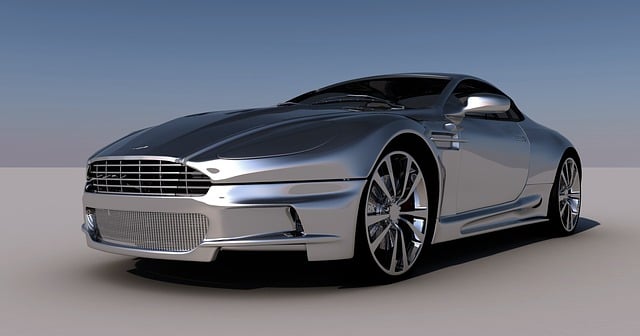
The age of your car battery can significantly impact its performance. As a rule of thumb, most automotive batteries last between 3 to 5 years, depending on usage and environmental factors. If your battery is approaching or has exceeded this lifespan, it might start showing signs of weakness. One of the primary indicators is reduced cold cranking amps (CCA), which can lead to starting issues, especially in colder climates.
When selecting a new car battery, consider the specific needs of your vehicle and driving conditions. Modern vehicles require high-performance batteries that can handle frequent starts and stops, rapid acceleration, and advanced electrical systems. Investing in an all-weather car battery designed for reliable performance across various temperatures is a wise choice. Additionally, incorporating a car battery voltage regulator can help maintain optimal battery health by preventing overcharging or undercharging, ensuring longevity and minimizing the need for frequent replacements. Remember, choosing the right battery, whether it’s a cheap auto battery or a premium brand, directly contributes to your vehicle’s overall performance and reliability.
– Explain how older batteries lose capacity over time and may not hold a charge as effectively as new ones.
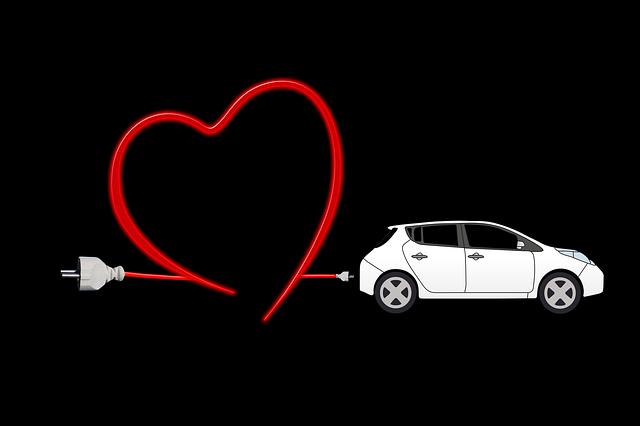
Over time, even well-maintained car batteries lose capacity and performance. This deterioration is primarily due to chemical reactions within the battery that naturally occur as it ages. As a result, older batteries may struggle to hold a charge effectively, leading to frequent dead starts or struggles to turn over the engine.
Choosing the right car battery is crucial, especially in regions with cold climates where deep-cycle and long-lasting batteries are particularly suitable. When considering options, differentiate between starting batteries designed for quick bursts of power during ignition and deep-cycle batteries built to withstand prolonged discharge cycles, ideal for electric vehicle technology. Understanding these distinctions ensures you select a suitable car battery for your needs, whether it’s for harsh weather conditions or advanced electrical systems.
Corrosion and Terminal Problems

Corrosion on your car’s battery terminals is a clear sign that it’s time for an upgrade. Over time, a film of corrosion can build up, preventing a strong connection between the battery and your vehicle’s electrical system. This not only weakens the power output but can also cause starting issues or even damage other components. Regularly inspecting your battery terminals for any signs of corrosion is a simple yet effective maintenance practice. If you notice corroded or fuzzy terminals, it’s advisable to clean them thoroughly, ensuring they’re free from debris and residue. However, if the corrosion is severe, it might indicate that the battery is at the end of its lifespan and requires replacement.
When considering options for select car batteries, remember to look beyond price tags. Opting for reputable brands known for their quality and reliability, such as top-rated marine batteries or all-weather car batteries, can ensure longevity and performance. These best car battery brands often come with advanced corrosion protection features and are designed to withstand various environmental conditions, providing peace of mind during all seasons.
If your car is displaying symptoms like dim headlights, slow engine cranking, or dashboard warning lights, it might be time to consider replacing your battery. As batteries age, they lose capacity and may not hold a charge as effectively as new ones. Corrosion and terminal problems can also impact performance. When choosing a replacement, opt for high-quality select car batteries to ensure optimal performance and longevity. Regularly inspect your battery for any signs of wear and take preventive measures to keep it in top shape.
